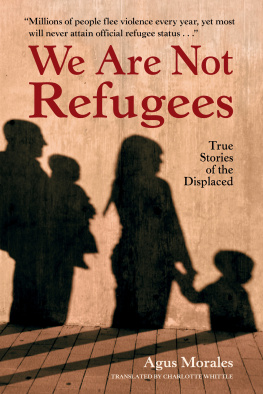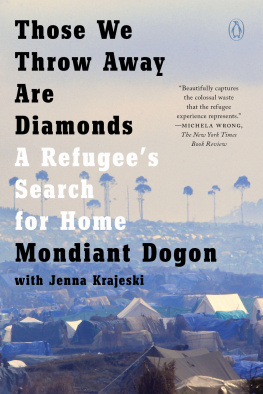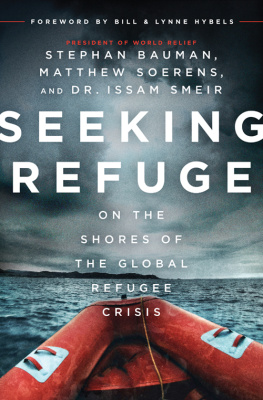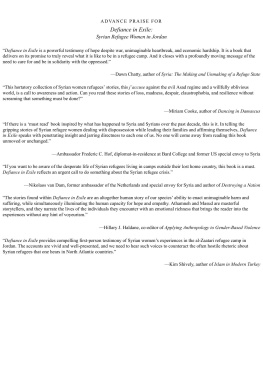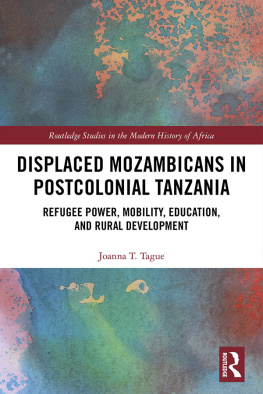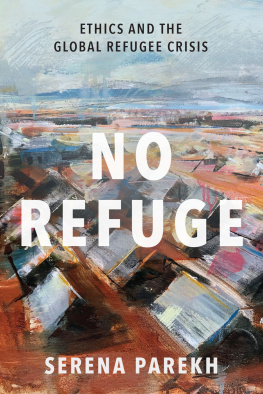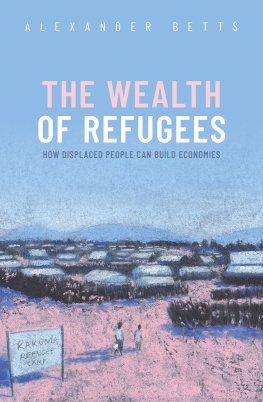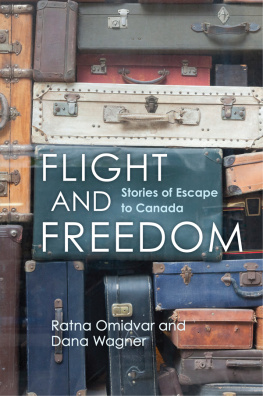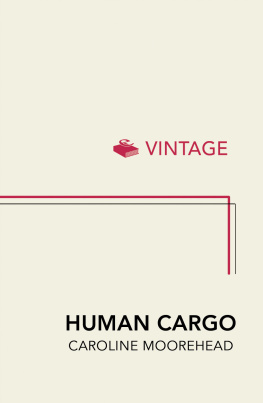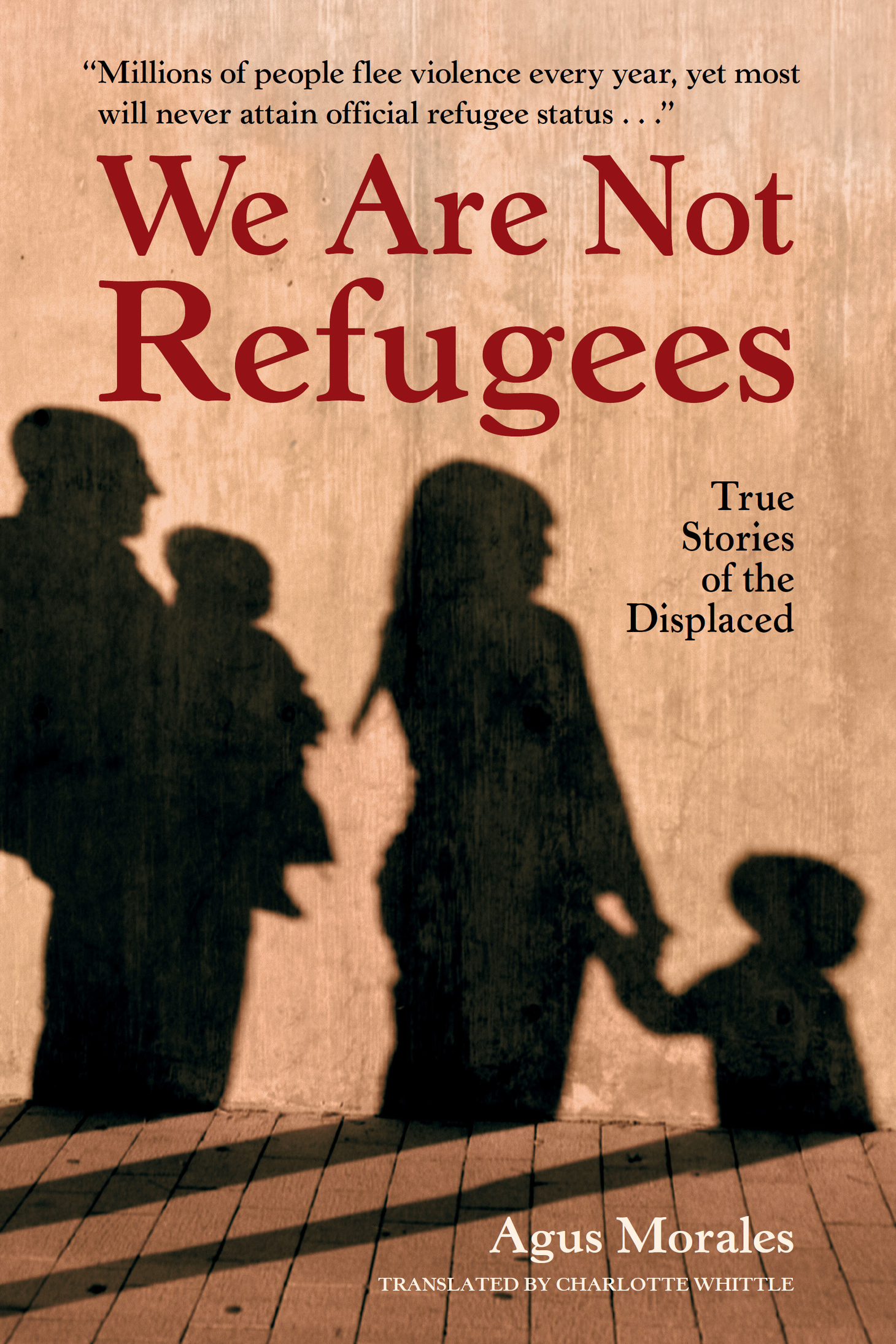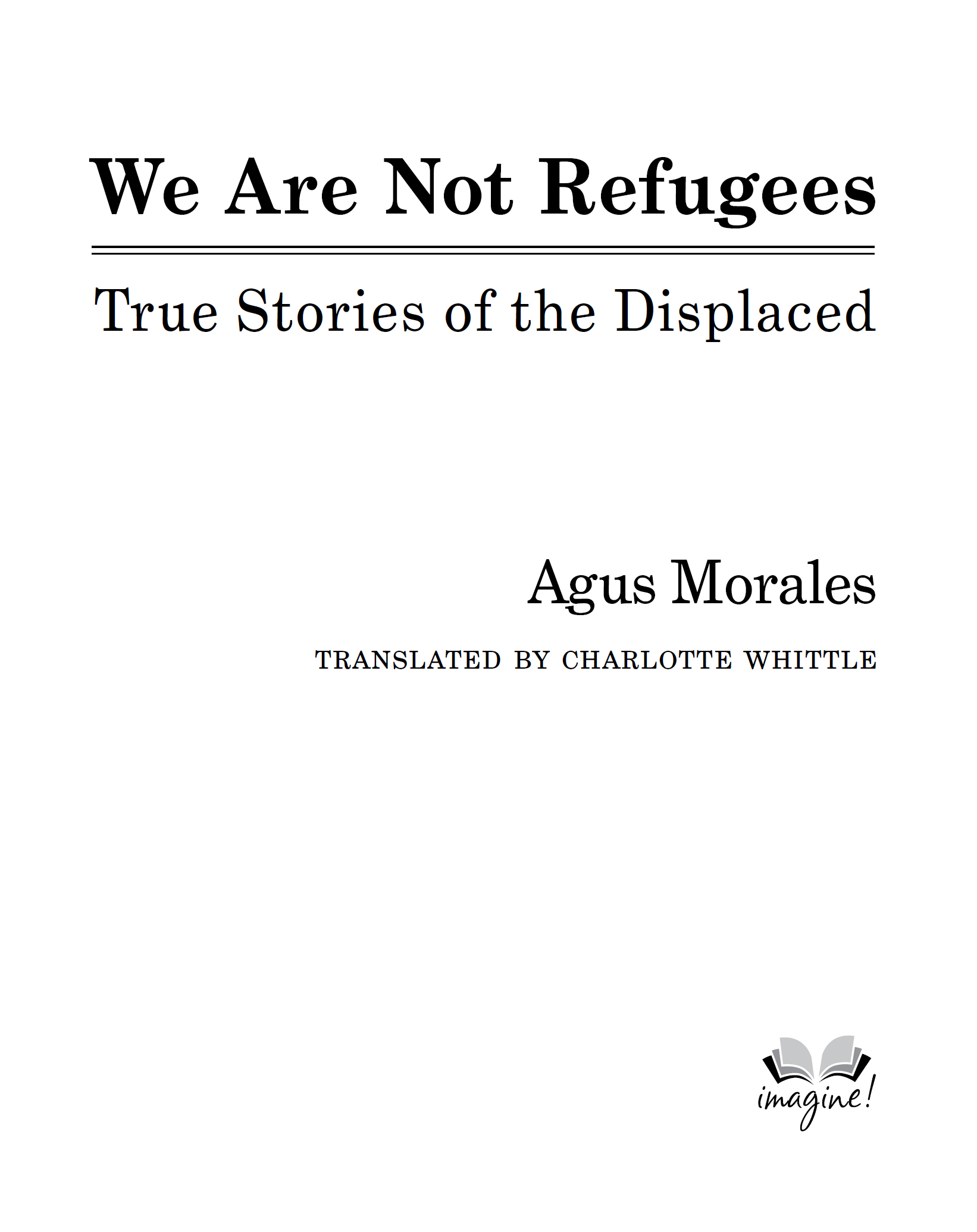Translation copyright 2019 by Charlotte Whittle.
All rights reserved, including the right of reproduction in whole or in part in any form. Charlesbridge and colophon are registered trademarks of Charlesbridge Publishing, Inc.
Copyright Crculo de Tiza (Derecho y Revs, S. L.), 2016, Madrid
Published by special arrangement with Agus Morales in conjunction with their duly appointed agent The Ella Sher Literary Agency and the co-agent 2 Seas Literary Agency.
Library of Congress Cataloging-in-Publication Data available upon request.
Violence increasingly affects marginalized groups.
G ILLES L IPOVETSKY ,
The Age of Emptiness: Essays on
Contemporary Individualism
W HY DO WE KILL EACH OTHER ? What kind of reason would drive you to kill? Would you take up arms for your country? For your values? For a flag? For your family? Have you ever killed anyone? Would it be easy for you to kill? Do you think the full force of the law would be brought against you? Do you have weapons in your home? And what if you did? What are your limits? Would you kill if everyone around you were doing it? Do you think your neighbor could kill you? Or any of your loved ones?
Have you ever been threatened? Have you ever considered fleeing your home? How long could you endure a situation of extreme violence? Whats your red linefor bombs to fall on your house, for a gang to extort money from you, for an army to surround your neighborhood, for a terrorist group to take control of your city? Would you leave your children behind? Would you stay? What if your daughter didnt want to flee? Would you know where to go? How would you plan your escape? What are you waiting for? Would you feel you had the right to request asylum? To have a roof over your head? To eat?
Who would you turn to? Would you kill those who forced you to flee? Why not? And what if those who forced you to flee had also killed your childhood friend? And what if theyd raped your niece? And if you did kill them, would you tell that to those you turned to for help? How much would you be willing to forgive? Would your friends and family accept that forgiveness? How much energy would you dedicate to revenge? How far does your solidarity go? If you managed to escape, would you help those fleeing like you? What price would you be willing to pay? Would you share shelter with another family? What if there were no room for your children? What if the family belonged to the other side?
Have you ever felt persecuted? Do you belong to a minority? Have you ever extorted money from anyone? Have your people ever been attacked? Would you lie about what happened to you in order to obtain asylum? Have you ever been attacked because of your race? If so, did you turn the other cheek? Can you allow yourself to do so?
Is your country at war? Surely it must have been once. Are your parents immigrants? Did they escape from poverty or violence? Or from both? Are you an immigrant? How have you been received? Do you speak the language of the country where you sought refuge? Does anyone speak yours? Would you take a Muslim into your home?
Do you believe walls are necessary? What about borders? What should be done about population influxes? Do you think they should be controlled? Do you feel threatened by those seeking refuge? Would you risk your life and those of your children by boarding a migrant boat, even if you didnt know how to swim?
Do you know whats happening now in Kabul? Or in San Pedro Sula? Aleppo? Calais? Bangui? Peshawar? Dadaab? What do you think of refugee camps? Does indifference mean violence?
Are you a refugee? Can you be sure you never will be?
W HY ARE YOU HERE ?
Here is the largest Syrian refugee camp in the world. Here is the Zaatari refugee camp in Jordan. Here is one of those caravans that line the streets and avenues of this refugee camp, named after places like Downing Street and Champs-Elyses: one never knows whether for romantic or ironic reasons. Here is the home in exile of a Syrian family that fled from the bombing.
Why are you here?
Here is a mat on the floor: a father seated next to me smiles, watching over his four-year-old daughter, and prepares his perfect answer.
Tell him. Explain to this man why were here, the father says with a hint of irony.
Sawareekh.
Missiles, the little girl says in Arabic. She doesnt even look up from her toys as the word emerges sweetly from her lips: sawareekh.
A SKING A REFUGEE what they are doing outside their country is an insult. Theyve left because they are fleeing from war.
In every civilization, in every era, collective violence has been relentlessly expressed through war. Despite historical changes, despite the most radical social transformations, war has maintained its social legitimacy; it exists and is part of human nature, even if we only see it on a screen. Sometimes we even tell ourselves its necessary. War has consequences, we tell ourselves, and refugees are just one of them. But then, suddenly, we are troubled by an image: a little boy dead on a Turkish beach, huddled masses of people crossing Macedonia by train, a fishing boat sinking in the Mediterranean. We are moved by compassion. We thinkat the same timethat Europe is being invaded by these hordes of people fleeing from war. Millions of people on the move. Diaspora, flight, exodus. That same suffering that we used to view as sterile and distantthat of the wars of othersbegins to make its presence known in our own world.
And then we begin to ask questions, some of them selfish.
Why now? Is this the most violent moment in history? Are other countries, about which we know nothing, now living through their own World War II? What can be done to make them stop coming? How can those wars be ended? (Not to prevent deaths, but to make these people stop coming.)
And then, when we emerge from our self-absorption, from the cage of our circular reasoning, we want to get to the root of the matter. Why are they fleeing? And then the question seems to make sense. Origins.
Things have erupted in slow motion. In the twenty-first century, displaced populations are growing because exoduses caused by new wars such as Syria have been added to the constant trickle of people fleeing from deeply embedded conflicts, such as Afghanistan or Somalia, whose roots go back to the Cold War, or to the early years of the new world order. More than a world where war has triumphed, this is a world where peace has failed. Afghanistan, which for thirty yearsthirty yearswas the country with the highest number of refugees spread throughout the world, is one of the forgotten scenes that best explain why we are where we are: foreign interventions, geostrategic interests, short-term solutions, second and third generations of refugees in exile without any prospects, and, above all, failed peace processes. In Afghanistan, people long ago lost any hope of an end to the violence through dialogue. No one even has any idea who should sit down at the negotiating table.

